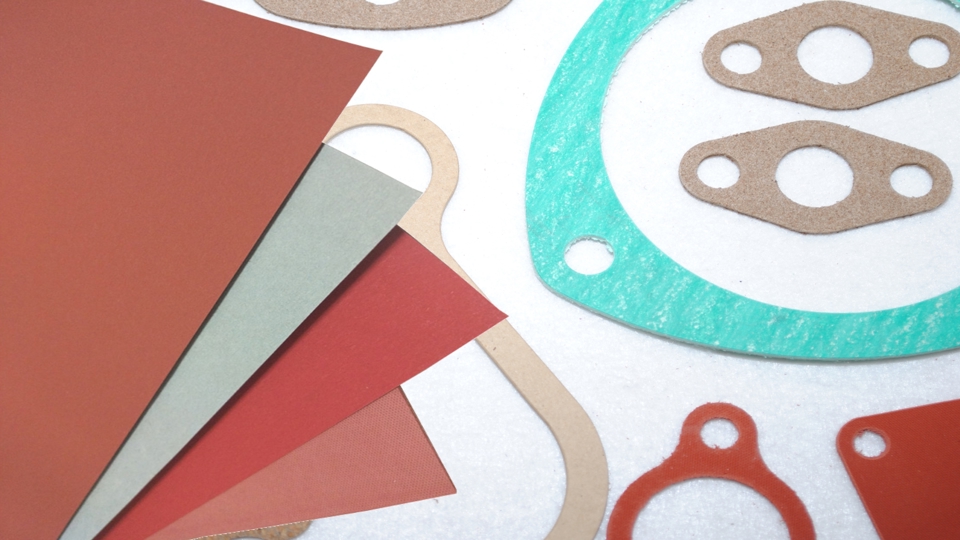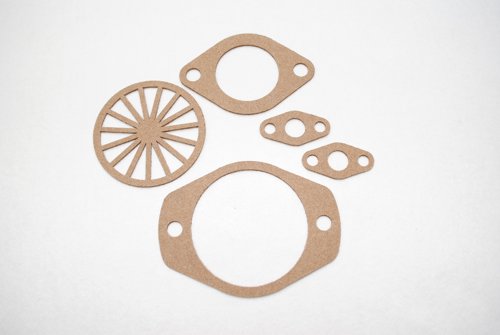Die Cut Technical Papers for Electrical Insulation

 Engineers read plenty of trade journals and industry magazines. So when they hear the term “technical papers,” it’s only natural to wonder if the publications are reports, white papers, or magazine articles. Not all technical papers are meant to be read, however. In fact, some are designed for electrical insulation instead of professional education. These technical papers support precision die cutting and impart specialized properties for applications such as electrical insulation.
Engineers read plenty of trade journals and industry magazines. So when they hear the term “technical papers,” it’s only natural to wonder if the publications are reports, white papers, or magazine articles. Not all technical papers are meant to be read, however. In fact, some are designed for electrical insulation instead of professional education. These technical papers support precision die cutting and impart specialized properties for applications such as electrical insulation.
Types of Die Cut Materials
JBC Technologies die cuts technical papers made from a variety of natural and synthetic materials. The papers that we die cut vary in terms of properties, but you don’t need to be a material scientist to make the right choice. Understanding the basics is important, but JBC Technologies can help you with material selection. For die cut electrical insulation, technical papers such as fish paper, glass-filled fiber, and aramid fiber offer options that meet both business and application requirements.
Fish Paper/Vulcanized Fibre
Die cut vulcanized fibre and fish paper (electrical grade vulcanized fibre) are fibrous, lightweight dielectric materials with good mechanical strength. Applications include gasket insulation, motor windings, and oil-filled transformers. Moisture absorption can cause fish paper to curl or swell, but this electrical insulator is wear-resistant and offers advantages over die cut plastic. For example, die cut fish paper retains greater flexibility at low temperatures and is more heat-resistant that many plastic materials.
Glass-Filled Fiber
Die cut glass-filled fiber consists of extremely fine strands of glass materials with desirable thermal, tensile, or electrical properties. Different types of glass-filled fibers are available, but E-glass or electrical glass is used as stand-off insulation in electrical wiring. This technical paper also provides resistance to heat and chemicals. E-glass is strong, non-flammable, and relatively insensitive to moisture, too. Disadvantages of die cut glass-filled fiber include its relatively low fatigue resistance.
Aramid Fiber
Die cut aramid fiber is heat-resistant and electrically non-conductive. Applications include die cut electrical insulation for transformers and generators. Brand names include DuPont™ Nomex®, a family of technical papers and paperboard that helps leading manufacturers meet international and country-specific standards for electrical safety and reliability. Material scientists have studied aramid/glass composites and determined that these materials have a lower dielectric constant than glass fiber alone.
What’s the Best Die-Cut Technical Paper?
As an experienced die cutter, JBC Technologies can help you choose the right electrical insulation for your specific application. Many different types of technical papers are available, but you don’t have to be an expert to make the right choice. Just pick up the phone and call the JBC Sales Team at (440) 327-4522, or contact us on-line.